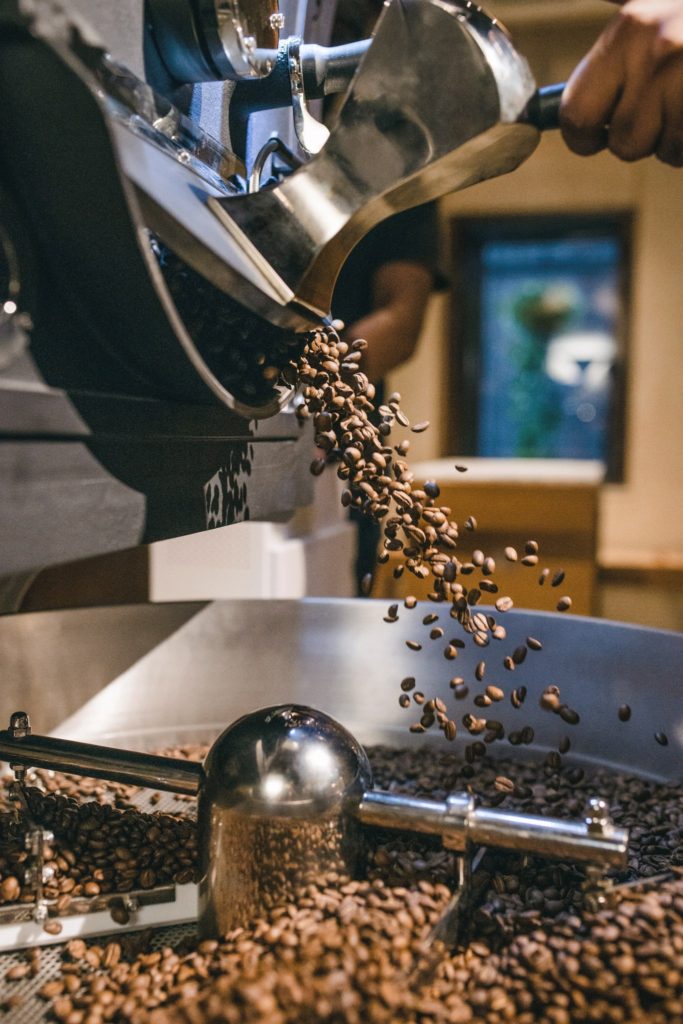
These artisanal coffee brands are creating exciting new ways of drinking your morning java
The world has been in the throes of the third wave of coffee for a while now. Artisanal sourcing, roasting, and blending of coffee is par for the course. Terms like flavour profiles, cultivars, and tasting notes are no longer restricted to the realm of wines. So what next?
The fourth wave is all about people—the producers and the roasters—and their experiments to create a complex coffee with layers of flavours. “We can alter the flavour or unlock new flavours by intervening at various stages in the life span of the coffee bean. This can be at the plant-level or when the coffee cherry is ready to be pulped (the process of loosening the pulp from the bean) or at the drying stage, and of course, at the roasting stage”, says Ashish D’abreo, co-founder of Bengaluru-based Maverick & Farmer Coffee Roasters.
On the occasion of International Coffee Day, we look at what’s new in the artisanal coffee space in India.
The art of fermentation
Fermentation has been a mega food trend over the past couple of years and obviously, coffee growers are experimenting with it too. While it occurs naturally, the trick lies in controlling the process and fermenting the coffee just so. “Fermentation brings out the juiciness and complexity of flavours in a coffee. We carry out anaerobic fermentation, where the coffee cherries are placed in a tank of water and we monitor the pH level and sugar content. Under-fermented coffee is just a waste of resources, while over-fermentation produces an unappetising aroma of rotting fruit, so the process has to be quite precise,” explains Rahul Reddy, founder of the Mumbai-based Subko Specialty Coffee Roasters, which offers a 30-hour fermented single-origin (Ratnagiri Estate, Karnataka) coffee with notes of maple syrup, candied pecans and apricot.
Maverick & Farmer took things to another level at their Ajjikuttira Estates in Coorg, where third-generation coffee farmer (and co-founder) Tej Thammaiah fermented the coffee beans with orange juice to create ‘Orange You Curious?’ coffee. “Yeast, bacteria, and sugars are naturally present in both the coffee pulp and orange juice, which we ferment together for 24-36 hours,” explains Thammaiah. The beans are then shade-dried for about three weeks to produce a unique coffee with refreshing citrusy notes. “The point was to unlock flavours that are normally not found in coffee. We tried this with several other ingredients; some experiments failed but some were successful; for example, we have a micro-lot of lactic acid bacteria fermented coffee called ‘Milk and Honey’ launching in October,” he adds.
No smoke without fire
At the start of the drying stage, when the pulp has been stripped off, the tender green bean is porous and ready to imbibe any flavours or influences that it is exposed to. “A smoky note is a desirable flavour in coffee, but until now most of it came from really dark roasting coffee. While it’s enjoyable, you also get a lot of burnt flavour and the natural, delicate sweetness of coffee is completely lost. Our challenge was to bring in the smokiness without dark-roasting,” explains D’abreo. This resulted in “Ol’ Smoky” where the coffee beans are smoked with leaves and wood from fruit trees in a closed room for 13-14 hours. The source of the fire is not in the same room; rather the smoke is let in through a hole. “This introduces a nice smokiness to the coffee while leaving the natural sweetness and notes of Arabica intact. Ol’ Smoky is possibly the world’s first cold-smoked coffee and we are happy that we have been able to create something innovative”, adds D’abreo.
As the coffee beans dry further, roasters are experimenting with introducing new flavours—a favourite method is to ‘age’ the beans in whisky barrels to imbibe flavours such as oak, caramel, and vanilla. Mumbai-based Dope Coffee Roasters offers Double-Barrel Blend, a limited edition coffee from Harley Estate (Karnataka) that is aged in Amrut whisky barrels, producing a complex cuppa with a smooth, sweet finish. “Once the coffee is processed at the farm, we age it in the barrel for about a month. Since coffee green beans are so sensitive, they take on the malty, smoky aromas from the barrel. Unlike most artisanal coffee, this is 100 per cent Robusta, which we believe is India’s specialty and we are happy to see customers accepting it. We will shortly launch this as a cold brew as well,” says Rizwan Amlani, CEO and co-founder of Dope Coffee Roasters. Subko offers an interesting variant of this by cask-ageing cascara (skin of the coffee cherry) for 10 days, which is then cold-brewed for 16 hours and served with tonic water and jaggery.
Considering India’s status as prime coffee-growing country, there’s plenty of room for experiments at every stage of the coffee life cycle. “We have lived through the third wave and it’s time to take things forward. Our customers want to experiment; they are no longer fixated on one brand or blend and are excited to try new flavours. So our challenge is to see what else we can do to develop new tasting notes in coffee”, says D’abreo. The fourth wave is here to stay and Indian artisanal coffee brands are at the forefront of innovation. That’s sweet news for the coffee connoisseur.
source: http://www.vogue.in / Vogue / Home> Culture & Living / by Prachi Joshi / October 01st, 2020

